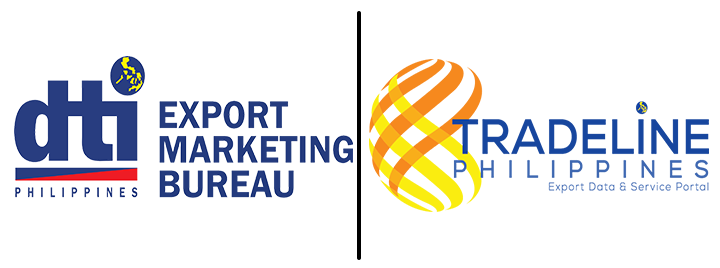Asset Publisher
Indonesia's National Agency of Drug and Food Control (Badan Pengawas Obat dan Makanan, or BPOM), recently issued a notice adjusting the maximum allowable levels of heavy metals in processed foods which will begin in 2023. This is in response to growing consumer concerns to prevent heavy metal contamination in processed foods within the country's food supply.
According to BPOM, heavy metals are a key area of governance concentration in order to safeguard the community from contamination in the food supply and boost the competitiveness of Indonesian processed food products. All product manufacturers will need to make the transition to meet these before enforcement and monitoring is implemented (in the second quarter). BPOM has thus determined to:
- Update the heavy metal contamination limits in the regulation on requirements for heavy metal contaminants in processed food, which will replace the previous regulations that were last amended in 2018.
- Monitor heavy metals such as arsenic, plumbum, cadmium, mercury, and tin.
- All persons and corporations that deal with the production, storage, transportation and/or distribution of processed foods are responsible to meet the criteria and standards of heavy metal limits in the items (within their purview).
- Both organized and unorganized corporations that handle processed foods will have to comply to this, and failure to do so will be penalized.
Multiple processed food product categories including dairy, frozen foods, spreads, confectionary, cereals, bakery goods, edible oils, bottled water, non- alcoholic drinks, alcohol, coffee, tea, snacks and more all have new set heavy metal limits which manufacturers will need to transition to over the next year to avoid being hit with penalties.
BPOM requires that all imported processed food products will need to have been tested via validated or verified methods by either local of foreign accredited laboratories in accordance with the law. If the analysis has been done in a laboratory of the product’s country of origin, the results must be mutually recognized by the authorized institution and/or accredited laboratories in Indonesia.
The DTI-Export Marketing Bureau (DTI-EMB) strongly advises Philippine exporters to Indonesia to work closely with their importers to ensure compliance with the Indonesia’s latest regulation on processed foods.
For questions and clarifications, you may contact the DTI Export Marketing Bureau, Market Innovation Division at mid@dti.gov.ph and/or The Philippine Trade and Investment Center-Jakarta at Jakarta@dti.gov.ph.
Source: Neo, P. (2022, July 27). Securing Indonesia's food safety: Government tightens rules for heavy metal contamination in Processed Foods. food navigator. Retrieved July 28, 2022, from https://www.foodnavigator-asia.com/Article/2022/07/27/indonesia-tightens-rules-for-heavy-metal-contamination-in-processed-foods?utm_source=copyright&utm_medium=OnSite&utm_campaign=copyrigh


